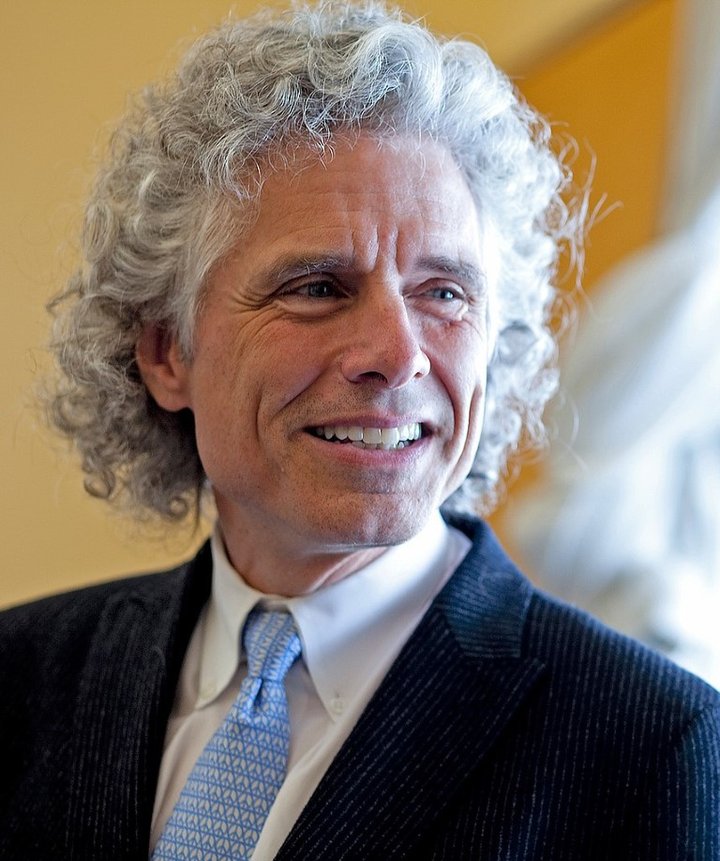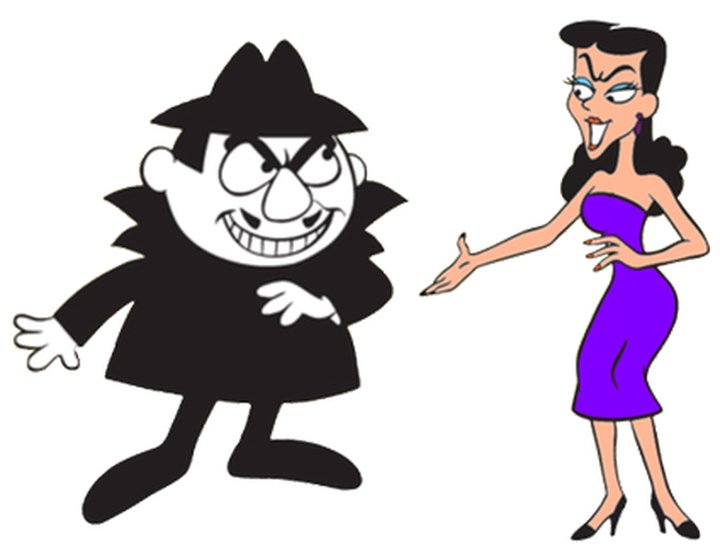The most ominous sign that the end of the world at hand is that the word “whom” is barely used anymore. I know what I’m talking about, having been educated in an English grammar school in the 1950s, with a father who took language seriously. How seriously? He would practically have a stroke if he saw “it’s” used as a possessive. “It’s too bad the store changed it’s opening hours” would drive him bananas. The first “it’s” is fine, of course, standing for “It is,” while the second one—the opening hours belong, as it were, to the store—is a sign of bad breeding. Or worse. Once I’d wised up to some of the inconsistencies in English, I’d ask him, innocently, why the possessive “it’s” is wrong, since an apostrophe-s denotes possession in every other case (“The dog’s bone”).

Louisa and my dad in 1976 arguing whether it’s “orient” vs. “orientate.” They never got as far as “potato” vs. “potato.”
(Why this weirdness? One language blog states, rather weakly, “The version without the apostrophe only became dominant in the 18th century — probably because it’s was taking on a new role, replacing the contraction ’tis. It’s here had arrived and ’tis here was fading away.” Really? English abounds in a word having more than one meaning. Someone help me out here? Why?)
With my pedantic upbringing—school and parents—I still say stuff like, “Whom should I address this card to?” Yeah, I know, if I really wanted to avoid my dad coming back to haunt me like Hamlet’s dad did, I’d rephrase it: “To whom should I address this card?” Anyone else in my wide (we’re literally talking practically double digits at least) circle of friends would have said, “Who should I…?” (Yet I wouldn’t say, “Whom should I say called?” even though I’d go through a little mental tic before asking, “Who should I say called?”) The “official” rule is, use who when you’re referring to the subject (nominative) and whom for the object (accusative.) But rules are meant to be broken. F’rinstance, does anyone think these two examples are wrong?
- Who are you going to believe, me or your own eyes? (“Whom are you…” is grammatically “correct.”)
- It’s not what you know, it’s who you know? (Grammarians would say, “Whom you know?”)
The truth is, I like whom. I disagree with Calvin Trillin (a much better writer than speaker, in my brief acquaintance) who wrote, “As far as I’m concerned, whom is a word that was invented to make everyone sound like a butler.” Apart from the gratuitous dig at those worthy souls who buttle, there’s still plenty of life left in the word. Would you say or write, “The school has 100 pupils, all of who live nearby”? Am I really a fuddy-duddy for insisting on “whom” there? (Rhetorical question.) “LoCO has many followers on FaceBook, many of whom check it daily.”—That’s more like it! The rule seems to be, it feels right to use whom when it’s preceded by a quantifier (many/few/some/several of…). And—gotta get this in—who would begrudge John Donne’s lovely memento mori, “Ask not for whom the bell tolls/It tolls for thee”?

Steven Pinker, coiffure clearly inspired by my wife. (Rose Lincoln/Harvard University/Wikimedia)
In his book The Sense of Style (from whom I cribbed a couple of the above examples) the hairy linguist and cognitive scientist Steven Pinker takes on the who-whom question with his usual gusto, devoting several pages to something that most folks (not my dad, though) would barely give a passing thought. He quotes an old Rocky and Bullwinkle exchange:
Natasha Fatale: Ve need a safecracker!
Boris Badenov: Ve already got a safecracker!
Natasha: Ve do? Whom?
Boris: Meem, dat’s whom!

Boris and Natasha (Fair use)
If you’re still one of the readers for whom this ramble has any appeal, you’re probably in the minority. So let’s just keep this between you and I, OK?
CLICK TO MANAGE